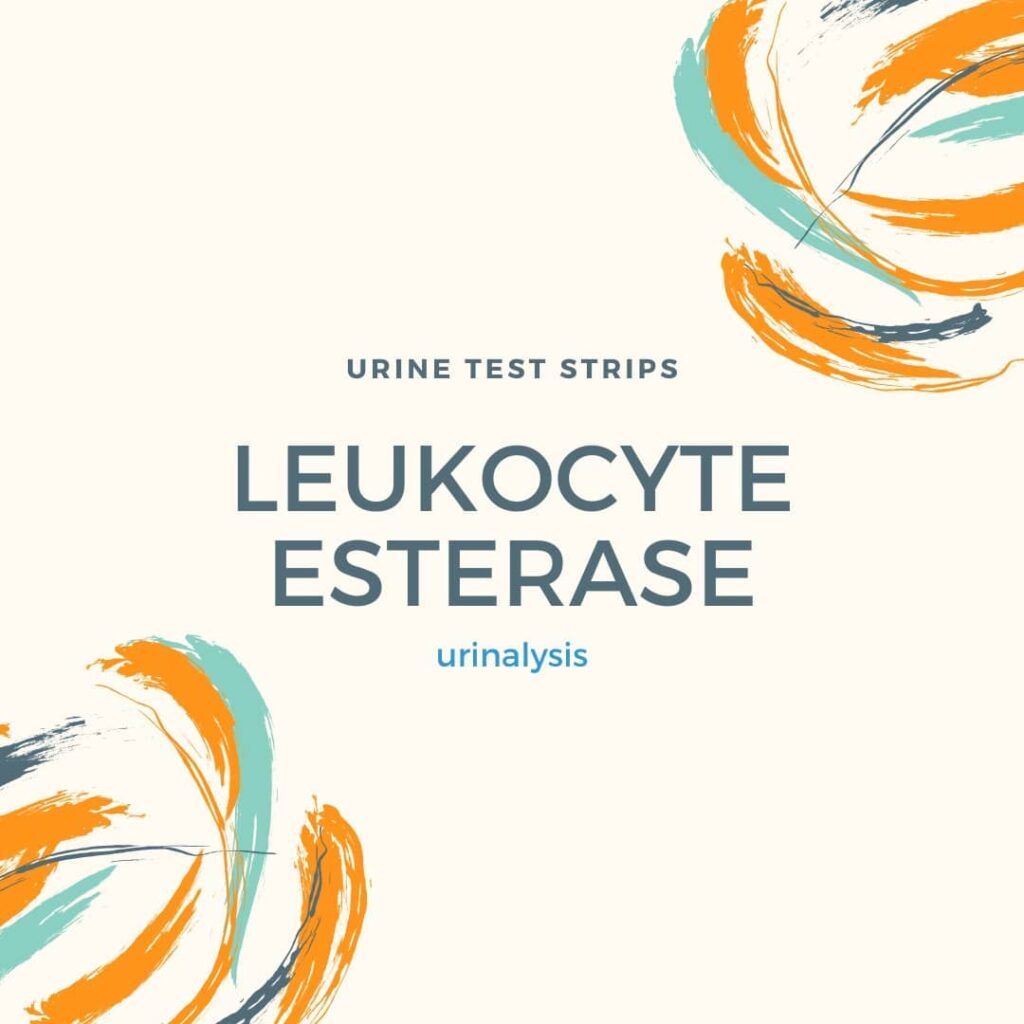Leukocyte esterase is a screening test used to detect a substance that suggests there are white blood cells in the urine.
Leukocyte esterase (LE) is a screening test used to detect a substance that suggests there are white blood cells in the urine. LE is an enzyme found in white blood cells and certain brands of urine testing strips can detect it.
A positive LE result indicates that there are at least two or more white blood cells per high power field on the microscope slide. Often this means that you have a bacterial infection and you should be treated. It could also be from non-infectious conditions such as kidney stones or having your period, among others.
Whilst not an immediate problem, the presence of white blood cells in urine can indicate a number of problems. It is important to be aware of the signs and symptoms of this condition in order to ensure you are able to detect it as early as possible.
White blood cells (WBCs) are immune cells that aid the body by protecting against infection and helping with wound healing. However, increased levels of WBCs or a high percentage of immature WBCs can be indicative of infections or inflammation elsewhere in the body.

